Biological Sciences Ph.D. programs are available in a variety of fields. Students in these programs are expected to complete advanced courses in the second year. Between the time students select a research laboratory and the completion of the degree, they will be responsible for producing peer-reviewed scientific articles related to their areas of interest. This is an extremely competitive field, and it is very important to select the right program to fit your interests.
The first-year curriculum is led by interdisciplinary faculty, and students progress through all areas of biomedical basic science. In the second year, students progress from molecules to cellular mechanisms to integrated systems. The program also includes a supplemental course focused on research skills, including statistics, grant writing, and successful scientific communication. A weekly seminar series is provided to help students perfect their presentation skills. All of the formal courses are designed to broaden the student's understanding of the clinical implications of cellular events.
The basic science department offers both M.S. and Ph.D. degrees. The program is part of the Integrated Biomedical Graduate Studies Program, which includes an integrated first-year core curriculum. During this time, students will attend seminars and rotate through two research laboratories. After that, they will choose which program and laboratory they would like to specialize in. The second-year curriculum will be structured according to your choice of program and concentration.
Ph.D. in Basic Science Eligibility
Candidates who want to take admission in Ph.D. must have a post-graduate degree in Basic Science and its relevant discipline with at least 55% marks from a recognized university and must have passed the national level entrance examination or university level entrance examination. National level entrance exams like UGC NET / UGC CSIR NET / GATE / SLET or University entrance exam consisting of written tests and personal interviews.
Benefits of a Ph.D. in Basic Science
A Ph.D. in Basic Science is an excellent way to become a scientist, but it can also be a very demanding degree program. Graduates have to complete a range of required courses, which are designed to complement research. In addition, students have to conduct significant original research to obtain their Ph.D. Some universities require a master's degree in order to enroll in this program.
The Department of Biochemistry and Molecular Biology (BIONICS) offers graduate training in the basic biomedical sciences. There are 11 doctoral training programs, and nearly 270 faculty members. They offer a broad range of specializations, including computational and systems biology, mechanisms of disease, and translational science. Among the many benefits of a Ph.D. in Basic Science is its potential to advance the field.
In the U.S., the unemployment rate is 6.3%. The unemployment rate for Ph.D. holders is 2.1%, which is comparable to the rate for other professionals. However, Ph.D.s still fare better than the general US population in terms of employment. There is a wide variety of fields available to basic scientists, and it is important to find the best ones for your particular field.
Career and Job Opportunities of a Ph.D. in Basic Science
Many Ph.D. graduates are looking for careers outside academia. For example, some may choose to work as biomedical researchers. These positions require less training and preparation than academic positions, but they can be more rewarding. Here are some options. The first is a non-academic career. For more information, read on. For more information on these opportunities, see the following sections.
During a typical Ph.D. program, you will have to complete a thesis. In addition to writing the dissertation, you'll have to present your research findings to a prestigious panel. You'll need to write reports to show employers the value of your research. The final step is to find a company that needs your work. A company that is looking for a Ph.D. in Basic Science will need reports that prove the feasibility of their work.
Future Scope of a Ph.D. in Basic Science
The future scope of a Ph.D. in Basic Science depends on the student's choice of career path. The most common careers are in the pharmaceutical industry, which employs researchers with advanced degrees. Aside from pharmaceuticals, PhDs in Basic Sciences may also work in the business development sector or as a quantitative analysts. These jobs are equally rewarding. For more information on potential career paths, read on.
Pre-clinical research is a bridging branch between basic and applied science. It uses laboratory findings to create new technologies and cure diseases. While basic science focuses on understanding nature and predicting phenomena, applied science uses theory to change natural phenomena and apply it to human health. Both types of research often intersect in some way. In fact, the National Academy of Sciences has conducted extensive studies on the relationship between basic and applied research.
Applied research bridges basic and applied science, using theories developed in basic science to advance knowledge and improve life. It focuses on the etiology of disease and its treatment. In addition, applied research utilizes scientific theories to create technology that alters nature. As the focus of basic and applied research overlaps, many Ph.D. graduates are working in both areas. The question is: Which of these two fields is right for you.
Ph.D. Research Programme duration
The Ph.D. in Basic Science course is a minimum of 3 years and a maximum of 5 duration. This depends on the university offering the course.
Fees for research program for Basic Science
The average fee for Ph.D. in Basic Science degree is between INR 50000 and INR 500000.
 5 Years
5 Years
 PhD
PhD
 Research
Research







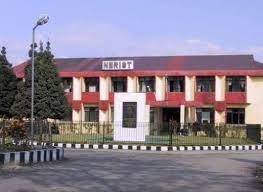
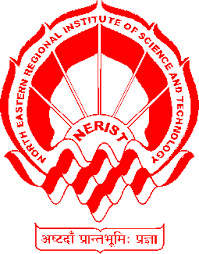
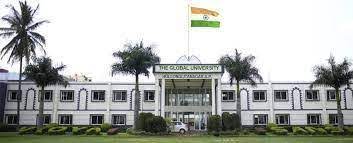
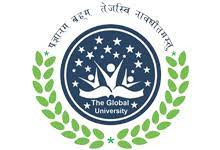

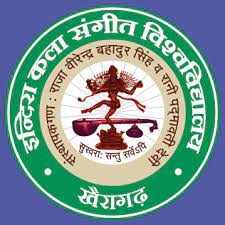

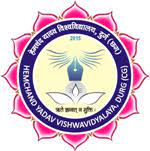
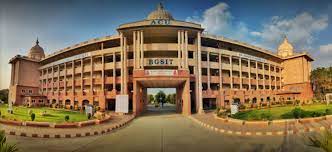
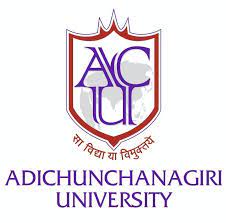
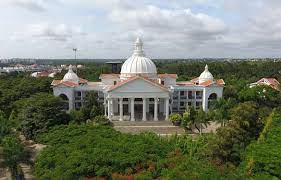
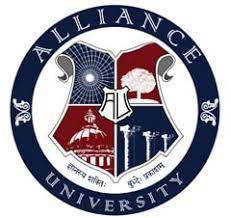
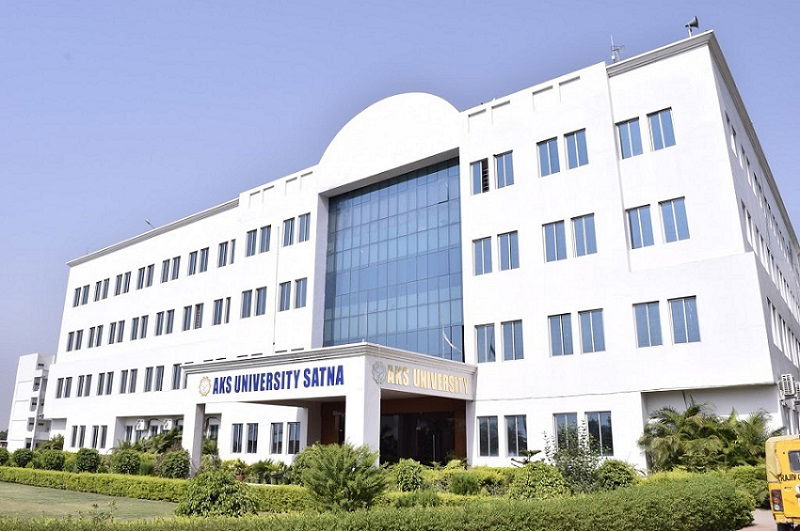
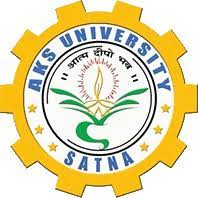
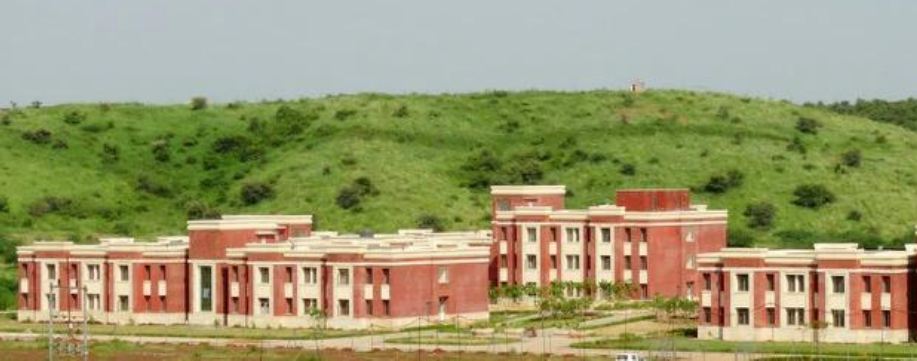
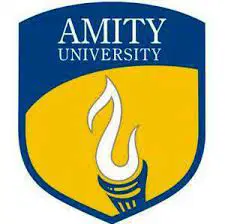
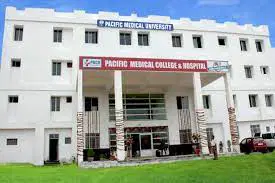
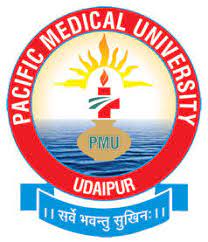
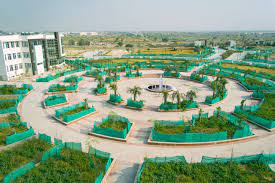
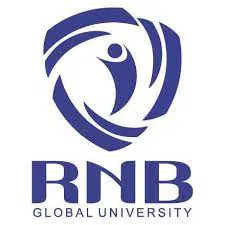
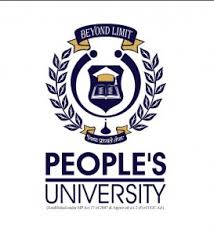
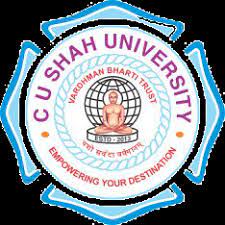
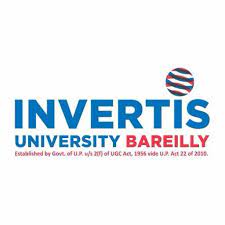
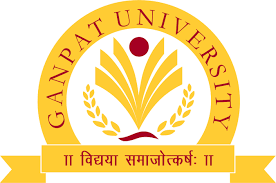
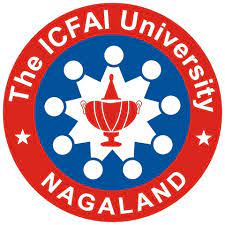

 back
back